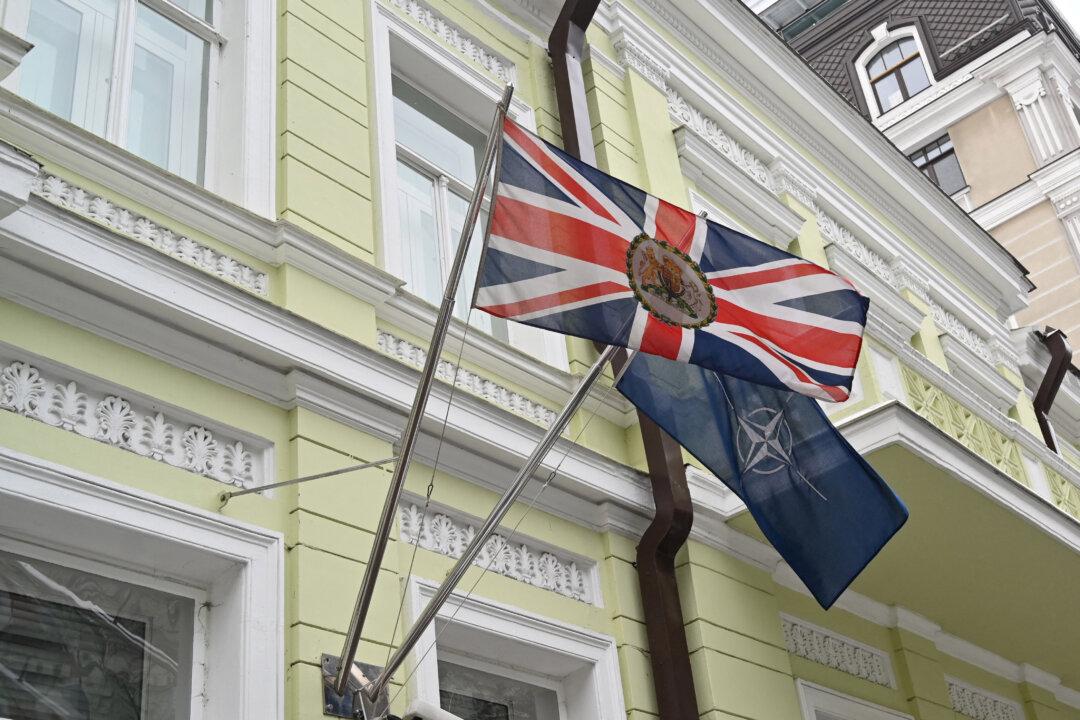The UK and Australia said they have begun withdrawing some embassy personnel from Ukraine, while Germany offered assistance to staff members’ families and some civilians who want to leave.
The precautionary measures come as British Prime Minister Boris Johnson warned that “gloomy” intelligence suggested Russia was planning a lightning raid on Kyiv.





